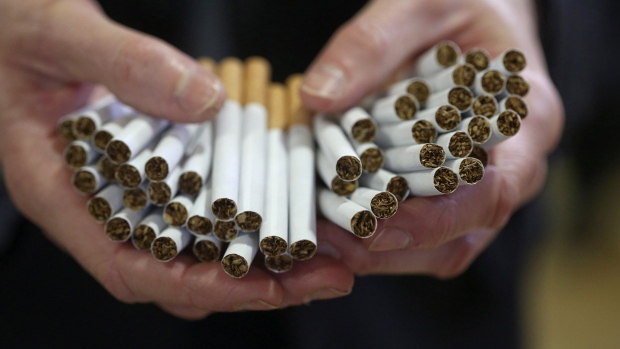Apr 21, 2020
Philip Morris pulls 2020 earnings outlook on virus risk
, Bloomberg News

Philip Morris International Inc. abandoned its 2020 earnings guidance as the coronavirus outbreak weighs on duty-free tobacco sales.
The company had previously forecast reported diluted EPS of at least US$5.50.
Adjusted earnings per share amounted to US$1.21 in the first quarter. Analysts expected US$1.13
Key Insights
The coronavirus didn’t have a big impact on business in the first quarter. But duty-free sales have been hit, and the company expects about a 50 per cent lower switch rate to heated-tobacco device IQOS during the lockdowns.
Heated-tobacco unit shipments rose 46 per cent. As Philip Morris expands that category in the U.S. through sister company Altria, the company last month named Martin King chief executive officer of PMI America, a newly created function.
PMI said it has adequate inventories of finished goods; more than two months for heated tobacco units, more than three months for tobacco heating devices, and more than one and a half months for cigarettes.
Market Reaction
The shares fell 5.2 per cent in premarket trading. They’ve dropped 8.9 per cent so far this year, faring better than other consumer companies amid a market slump.






